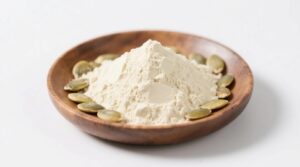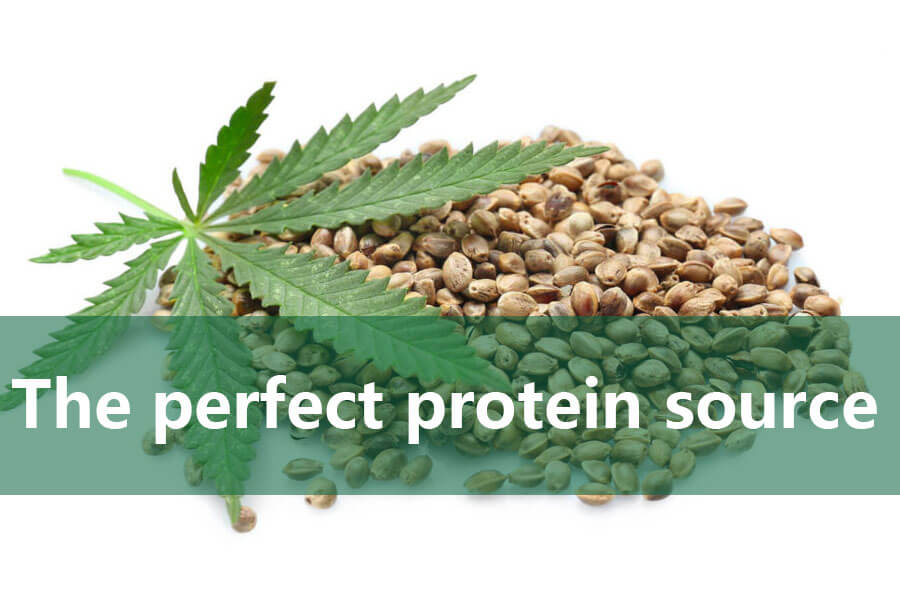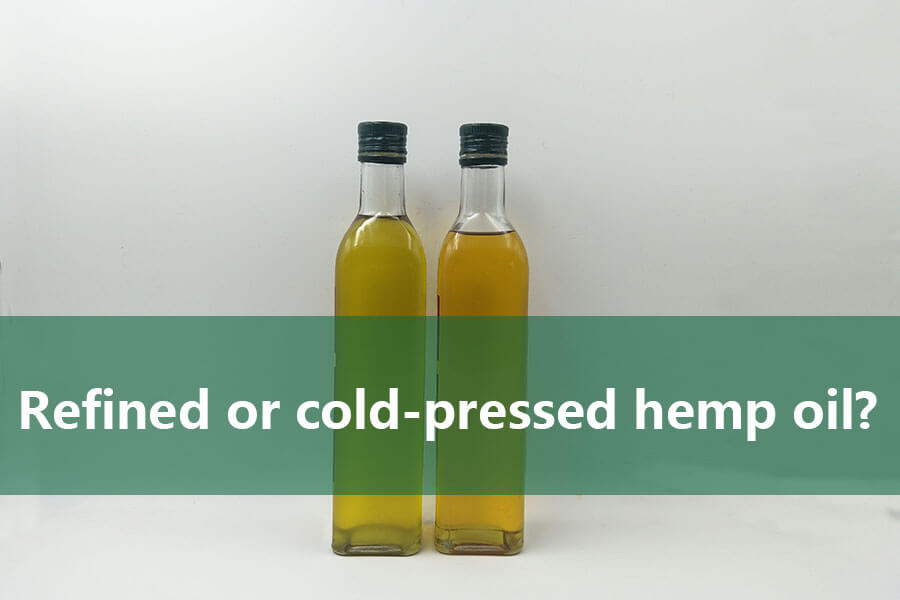I’ll admit it: When I first tried organic pumpkin protein powder, I was hooked. It tasted like a pumpkin spice latte’s healthier cousin and blended like a dream. But after two weeks of adding it to my morning smoothies, my gut staged a full-blown revolt. Turns out, pumpkin protein isn’t the “universal superfood” influencers claim—and for some folks, it’s straight-up problematic. Let’s break down who should skip this trendy powder (and what to use instead).
1. If You’re Allergic to… Wait, Pumpkins?
Yes, pumpkin allergies are rare—but they exist. I learned this the hard way after recommending it to a friend who broke out in hives. Pumpkin belongs to the Cucurbitaceae family, which includes squash, cucumbers, and melons. If you’ve ever reacted to any of these, steer clear.
Red Flags:
- Itchy mouth or throat after eating pumpkin
- Swelling or rashes
- Digestive drama (cramps, nausea) within 2 hours of consuming it.
Pro Tip: Many pumpkin protein blends also contain coconut or nuts. Always check labels for cross-contamination warnings if you have other allergies.
2. If You’re on a Low-FODMAP Diet for Gut Issues
Pumpkin protein powder is a stealth bomb for sensitive guts. While pumpkin flesh is low-FODMAP, concentrated pumpkin protein can pack fructans—a type of carb that feeds irritable bowel syndrome (IBS) symptoms.
The Science: A 30g serving of pumpkin protein powder contains ~2g of fructans. For context, that’s half the FODMAP threshold that triggers bloating in IBS sufferers.
My Experience: As someone with a cranky gut, I swapped pumpkin protein for low-FODMAP pea protein, and the difference was night and day.
3. If You Have Kidney Disease or Need to Limit Potassium
Pumpkin is naturally high in potassium (100g of puree = 340mg). While most protein powders remove much of this during processing, trace amounts remain. For healthy folks, this is a perk. But if you’re managing kidney disease or on potassium-restricted meds (like certain blood pressure drugs), even small doses matter.
Compare:
- Pumpkin protein: ~150mg potassium per scoop
- Pea protein: ~80mg
- Rice protein: ~50mg
Play It Safe: Ask your nephrologist or dietitian before adding pumpkin protein to your routine.
4. If You’re Vegan and Rely on It for Complete Protein
Pumpkin protein isn’t a “complete” protein—it’s low in lysine and leucine, two amino acids critical for muscle repair. While some brands fortify their blends, many don’t.
The Trap: I once tried using only pumpkin protein post-workout and wondered why I wasn’t recovering. Spoiler: My muscles were starving for amino acids.
Fix: Pair it with lysine-rich foods (beans, lentils) or choose a blended plant protein (e.g., pumpkin + pea + quinoa).
5. If You’re Pregnant or Breastfeeding (Here’s Why)
No studies directly link pumpkin protein to pregnancy risks, but here’s the catch: Many pumpkin protein powders contain added adaptogens like ashwagandha or maca, which aren’t recommended during pregnancy. Even “pure” blends can be contaminated with heavy metals if not rigorously tested.
My Rule of Thumb: Stick to pregnancy-safe proteins like organic pea or collagen (if not vegan) until more research exists.
6. If You’re Using It to Replace Real Vegetables
Let’s get real: No protein powder replaces whole foods. I’ve seen folks justify skipping salads because their smoothie has “pumpkin protein.” But powders lack the fiber, vitamins, and antioxidants of actual pumpkin.
The Wake-Up Call: One serving of pumpkin protein = ~1/10th the vitamin A in a cup of roasted pumpkin. Don’t kid yourself—it’s a supplement, not a veggie swap.
What to Use Instead
| If You Avoid Pumpkin Protein Because… | Try This Instead |
|---|---|
| Allergies or IBS | Pea protein (low-FODMAP, hypoallergenic) |
| Kidney issues | Rice protein (low potassium) |
| Pregnancy/breastfeeding | Organic collagen or soy protein |
| Need complete amino acids | Hemp or quinoa protein |
Organic pumpkin protein powder is a solid choice for most people—it’s rich in magnesium, fiber, and antioxidants. But if you’re in one of these six camps, it’s not worth the gamble. Always listen to your body (and your doctor).
Remember: Supplements should complement your diet, not complicate it.
Still Unsure?
Do a 3-day trial:
- Skip pumpkin protein.
- Note any changes in energy, digestion, or skin.
- Reintroduce it and compare.
Your body will tell you the truth—no lab tests required.
Recommended Product
Organic Pumpkin Seed Protein Powder
Organic pumpkin seed protein powder offers ≥60% protein with unique sleep support, prostate health, and…



